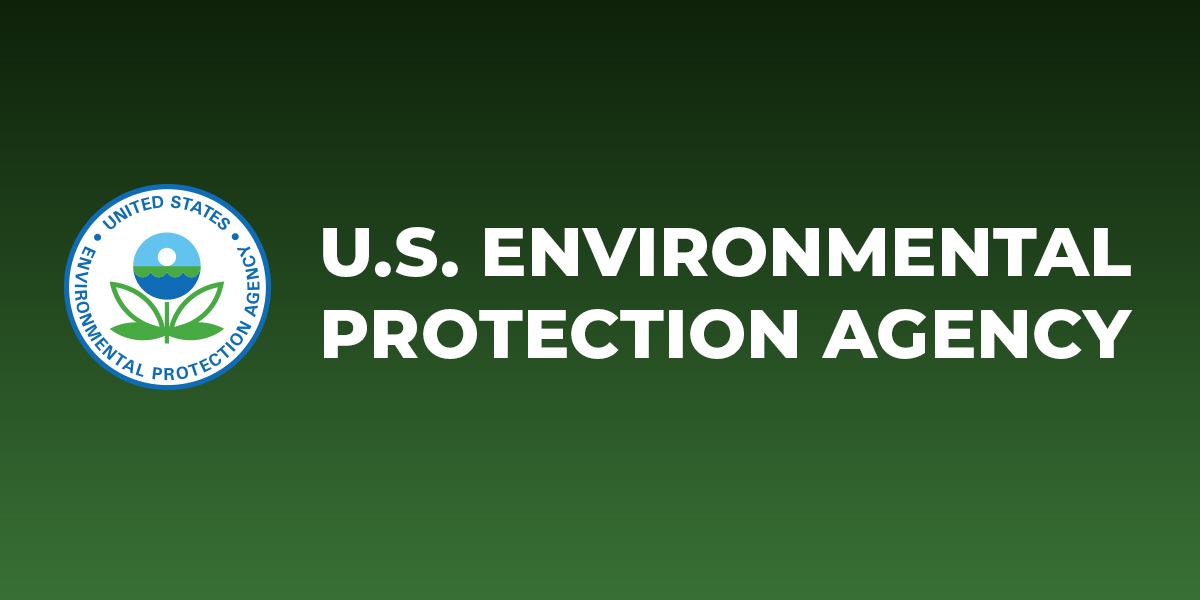That sucks they're changing the rules on you!
I can speak to my experiences in California in a smog "Basic" county. There are three tiers here -- 1) change of ownership area, 2) basic, 3) enhanced -- and they are based on how bad the smog gets in the area and how rural it is. If it's really rural, you only smog when you change ownership. If there isn't a bad air quality issue, you're doing the basic smog check.
For my now dearly departed 1986 4runner with an all stock engine, they popped the hood to manually verify all vacuum hoses were correct, all components were present, the correct sticker was on the underside of the hood, and I think they inserted a few probes under the hood, too? Then they also did a gas cap check and gas tank check. And a tail pipe sniff at various RPMs. They also crawled underneath and physically verified the numbers on my catalytic converter with what is legal in Cali for the vehicle. One year my EGR valve wasn't actuating properly and they were able to pinpoint that as the problem (I think they're not supposed to tell you what the problem is but they did for me in a wink wink sort of way). So I went over to the Toyota dealership a few blocks away and bought a new EGR vacuum actuator and then it passed just fine. Another year my catalytic converter was completely blown out so I had to get a new one of those. The re-test fee was lower for me versus the initial test but they re-did the entire test from start to finish again. So I think there must be whatever cut the shop gets and they get that every time, and then the state only takes their cut once.
On my 2001 Ford Focus ZX3 5M/T (just broke 251k miles with the original clutch!), it failed once due to a collapsed hose involved in the emissions equipment. They found the issue, marked it with a bit chalk X, showed it to me (again in a wink wink situation), and failed it. I bought the hose, put it in, and then it passed just fine. They did the same thing as with my 4runner -- open the hood, inspect everything, verify the numbers on the cat match their database, check the gas cap, check the tank. Then of course they also plugged into the OBDII port.
Both tests were static tests since I live in a "Basic" county. I think they do rolling tests on at least some vehicles (depending on model year and such) in the "Enhanced" counties. But I've never had to deal with that so I'm not really sure what happens in that situation.
When I brought my vehicles into California (both were Cali-compliant vehicles), I had to get VIN inspections on the 4runner and Focus but on my motorcycle they also had to verify the engine serial number matched my paperwork. Evidently that's a whole thing on motorcycles here I think from chop shops stealing bikes and selling engines. It's the same deal if they see you with a tail gate that doesn't match the color of your truck. You have to have paperwork that clearly shows you bought the tailgate from somewhere legally -- there was a big problem with stolen tailgates for a while. I think there might be similar (seldom enforced) requirements for other auto parts regarding retaining purchase paperwork.
I see so many old Toyota pickups running around with current tags that it must not be terribly hard to pass emissions here even with ancient vehicles as long as everything is kept up to date on maintenance. In my area I also see all sorts of other old vehicles being driven by people who probably shouldn't be driving anymore

. For instance, there's a guy who is older than the hills down the block from me with a late 70s era El Camino that's completely rusted out (he tarps the roof when it rains) and it has current tags. I see plenty of other 70s and 80s era vehicles driven by old timers with current plates.
I never had to deal with the CARB inspectors for an engine swap or anything like that. I thought about it and looked into it but I got so much conflicting information from online sources that it wasn't worth trying to sort out for myself. Local shops that do LS swaps that I talked to basically said they'd do the swap but I was on my own for paperwork.
I'm a little surprised that there isn't a system in place yet to buy your way out of the more stringent emissions requirements. Or maybe a cap-and-trade situation? It would be cool, for instance, if I could swap an engine and be allowed to do it with minimal questions or hassle if I also took an old polluting car off the road and sent it to the crusher.
The future though is EV conversions




